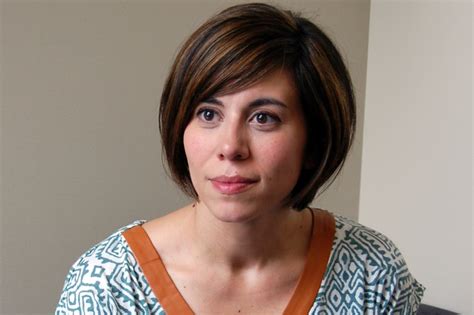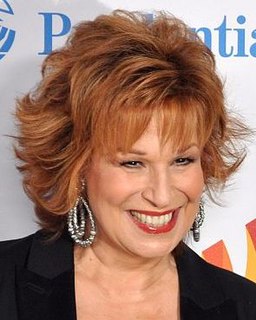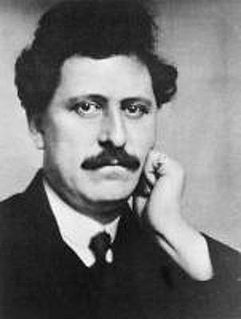A Quote by Alice Hoffman
My sorrow is I used to read all the time and now, as a writer, I don't have the time to read.
Related Quotes
I never need to find time to read. When people say to me, ‘Oh, yeah, I love reading. I would love to read, but I just don’t have time,’ I’m thinking, ‘How can you not have time?’ I read when I’m drying my hair. I read in the bath. I read when I’m sitting in the bathroom. Pretty much anywhere I can do the job one-handed, I read.
I'm not someone who has a list of great books I would read if I only had the time. If I want to read a particular so-called classic, I go ahead and read it. If I had more time, I would certainly read more, but I'd read the way I always do - that is, I'd read whatever happened to interest me, not necessarily classics.
We have an obligation to read aloud to our children. To read them things they enjoy. To read to them stories we are already tired of. To do the voices, to make it interesting, and not to stop reading to them just because they learn to read to themselves. Use reading-aloud time as bonding time, as time when no phones are being checked, when the distractions of the world are put aside.
Now, my mom did not read well and she read 'True Romance' magazines, but she read with me. And she would spend 30 minutes a day, her finger going along the page, and I learned to read. Eventually, by the time I was four and a half, she could iron and I could sit there and read the 'True Romance.' And that was wonderful.
How about Proust's In Search of Lost Time?" Tamaru asked. "If you've never read it this would be a good opportunity to read the whole thing." "Have you read it?" "No, I haven't been in jail, or had to hide out for a long time. Someone once said unless you have those kinds of opportunities, you can't read the whole of Proust.
I can write any kind of novel I want, any time, and sell it, but there's not that many people watching it. Even a low-rated TV show is a couple million more people than read my books. You want to be read, in essence. If you're a television writer, you're a writer and you want people to read your stuff. You're still reaching a bigger audience, that way. That's a philosophical way to look at it.
As a historically voracious reader - pre-baby, I averaged a book every week or two, and when I was a kid, I'd routinely read a book a day - I never understood how some people could not read. When I heard people say they didn't have time to read, in my head, I simultaneously pitied and ridiculed them: there was always time to read.







































